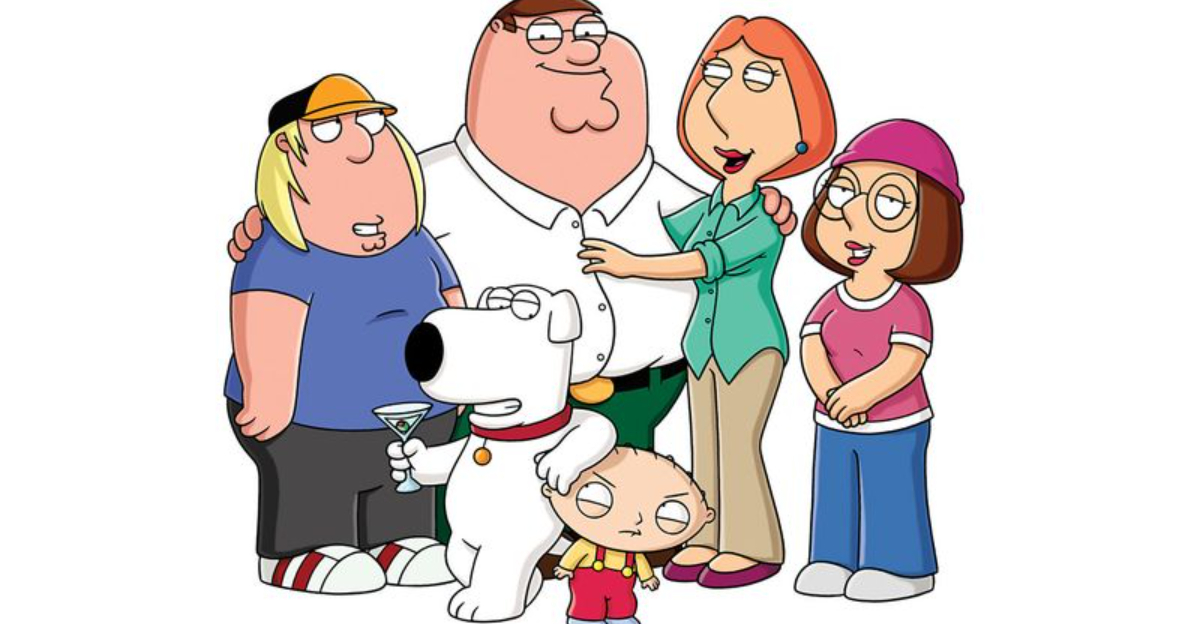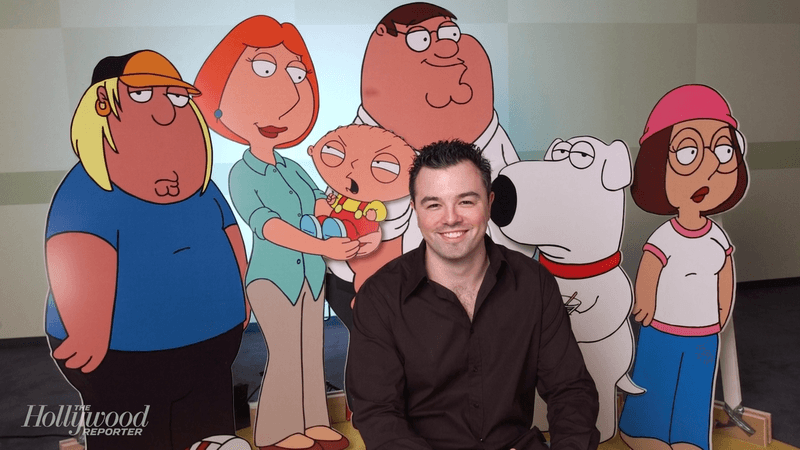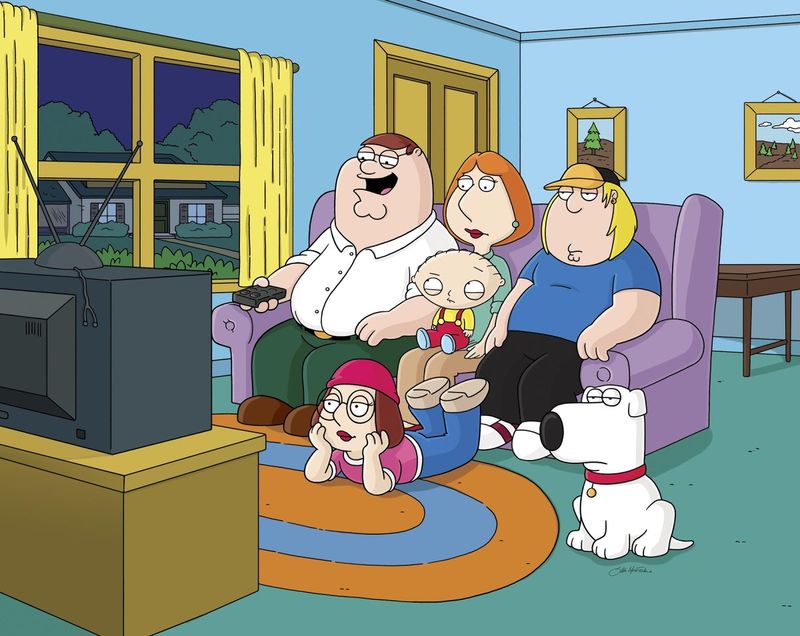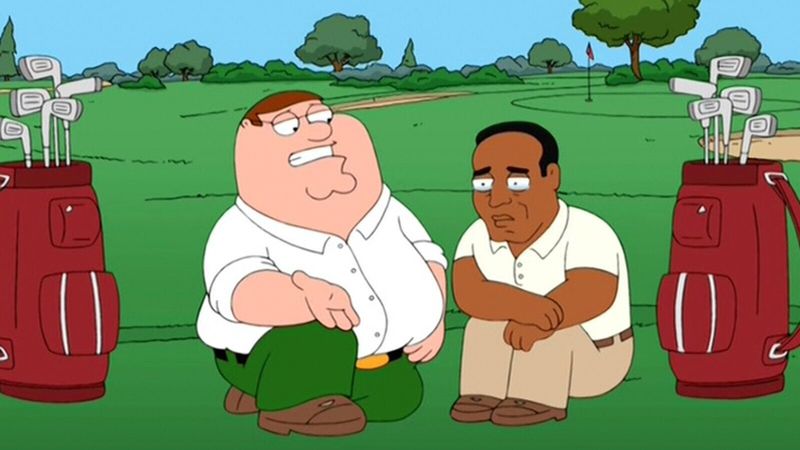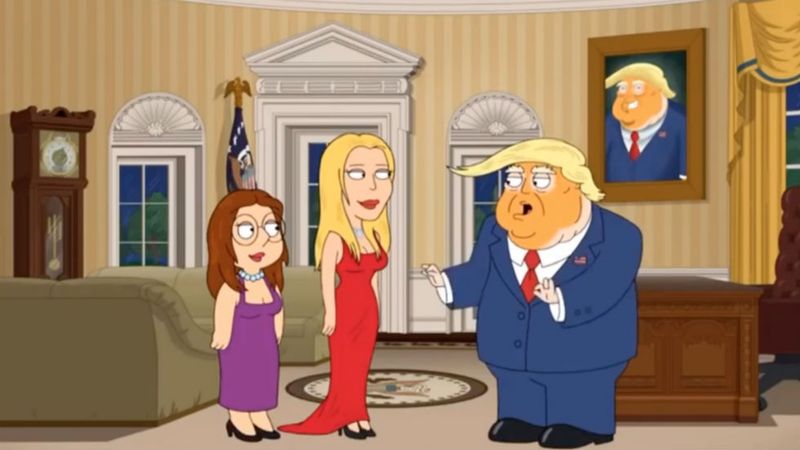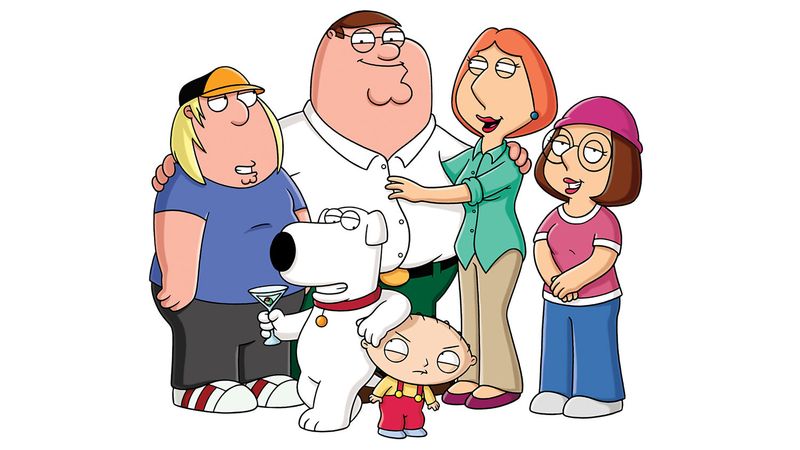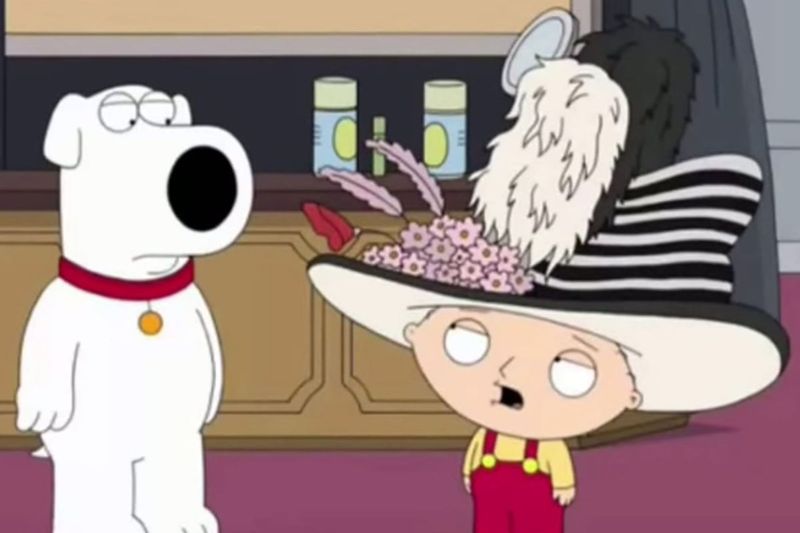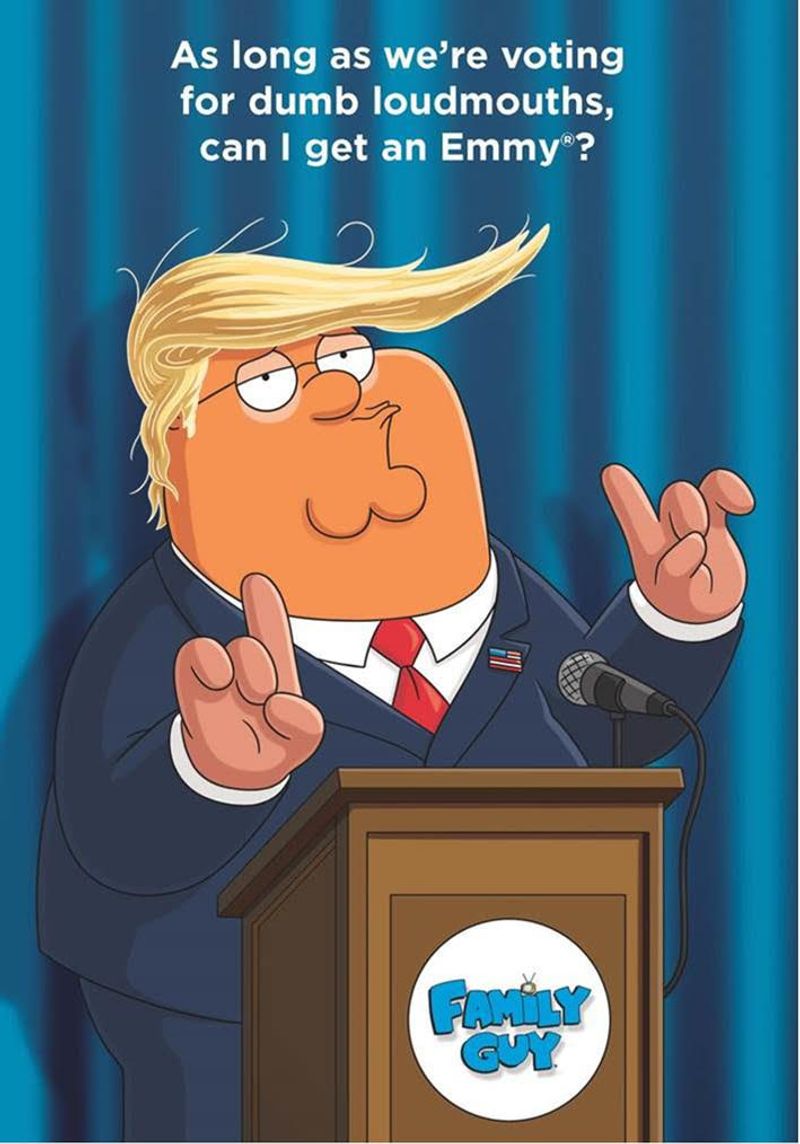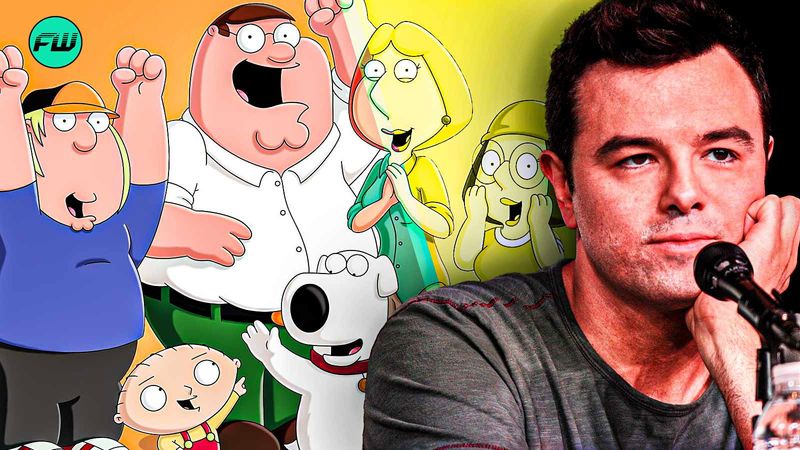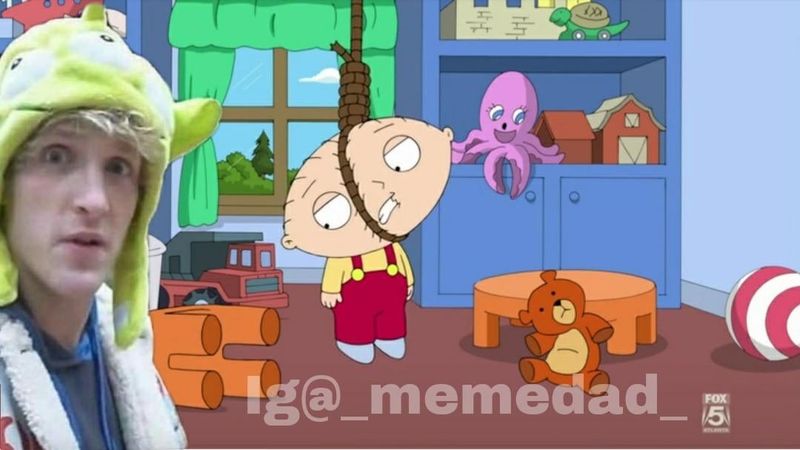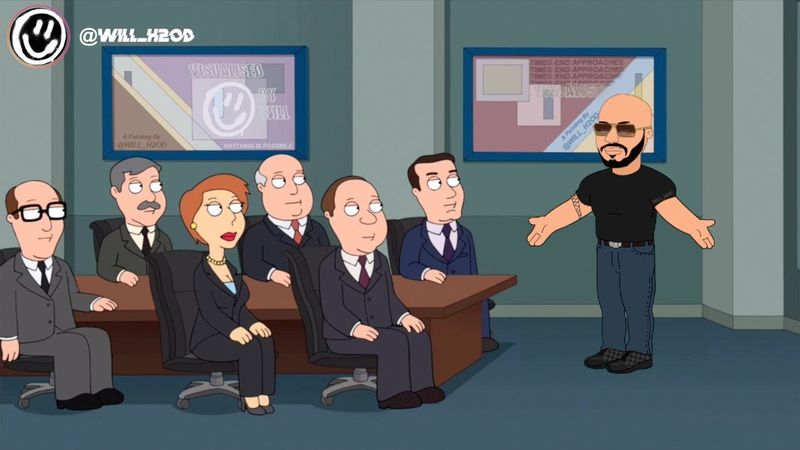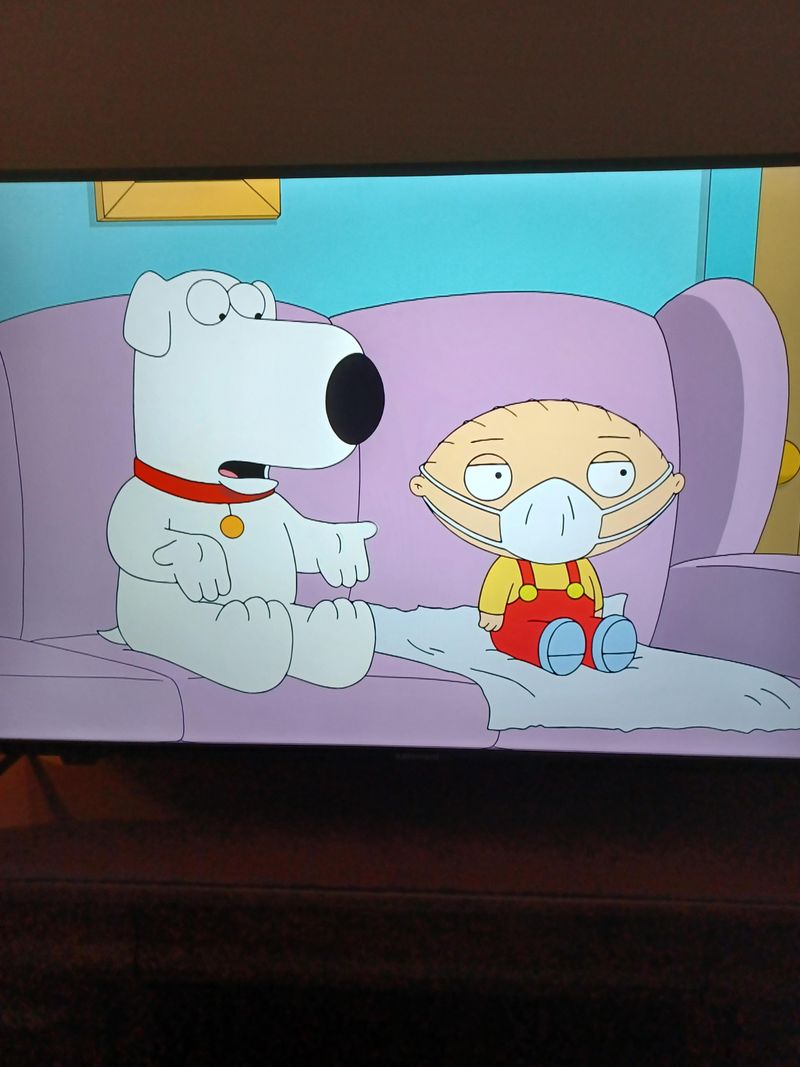Family Guy, known for its edgy humor and satirical take on modern life, has occasionally veered into prophetic territory. Over the years, some episodes have eerily anticipated real-life events, especially those involving notorious figures. From political scandals to celebrity controversies, the show has mirrored reality in unexpected ways. Here are 13 episodes of Family Guy that seemed to predict real-life villains before they made headlines.
1. The Son Also Draws
In the episode “The Son Also Draws,” Peter befriends a wealthy, enigmatic man who owns a secluded island. This friendship takes a dark turn when the man’s criminal activities are uncovered. The character’s lavish lifestyle and secretive nature bear a striking resemblance to Jeffrey Epstein. Epstein, infamous for his so-called “pedophile island,” had ties to many powerful figures. Family Guy captured the eerie duality of charm and malevolence. The parallels between fiction and reality are both unsettling and thought-provoking, offering a chilling glimpse into high society’s shadowy corners.
2. PTV
The “PTV” episode features a cutaway gag where Peter creates a scene implying Bill Cosby’s notorious behavior. This scene eerily foreshadowed Cosby’s future legal troubles. Known for his wholesome television persona, Cosby later faced allegations and was convicted of sexual assault. Family Guy’s satire hit close to home, shining a light on the disparity between public image and personal conduct. Cosby’s fall from grace shocked the world, and the episode serves as a reminder of the double lives some lead.
3. Brian & Stewie
In “Brian & Stewie,” a seemingly offhand comment by Stewie hints at the chaotic future of social media ownership. Stewie predicts a wealthy egomaniac buying a platform to disastrous effect. This line resonates with Elon Musk’s controversial acquisition of Twitter, now rebranded as X. Musk’s tenure has been marked by erratic decisions, drawing parallels to Stewie’s foresight. The episode cleverly captures the unpredictability inherent in tech mogul endeavors, blending humor with an uncanny look at corporate ambition.
4. The Juice Is Loose
“The Juice Is Loose” revolves around a joke about O.J. Simpson facing legal consequences for armed robbery. In reality, Simpson was later convicted and sentenced for a robbery in Las Vegas. The episode balances comedic elements with a sobering nod to real-world events. Simpson’s life has been a tumultuous saga, and Family Guy’s portrayal highlights the fine line between celebrity and culpability. This episode’s humor finds a somber echo in the trials of the man once revered as a sports icon.
5. Back to the Pilot
In “Back to the Pilot,” Brian travels to 1999, where Stewie quips about a reality TV host becoming president. This seemingly absurd scenario became reality with Donald Trump’s election in 2016. The episode underscores the unexpected twists in political history. Trump’s journey from television fame to the White House defied conventional wisdom, echoing Stewie’s incredulity. Family Guy’s playful jab at the political landscape becomes a reflection of the unpredictable nature of modern leadership.
6. The Hand That Rocks the Wheelchair
“The Hand That Rocks the Wheelchair” introduces a predatory Hollywood producer, echoing the real-life scandal involving Harvey Weinstein. The episode’s narrative exposes the dark side of the entertainment industry. Weinstein’s eventual downfall in the wake of the #MeToo movement brought these issues to light. Family Guy’s portrayal of exploitation and abuse in showbiz serves as a prescient critique, spotlighting the abuses of power that lurked behind the glamour. The episode remains a poignant reminder of industry complexities.
7. Stewie Goes for a Drive
In “Stewie Goes for a Drive,” a character’s violent reaction to rejection mirrors the rise of incel-related violence. These social pariahs, feeling spurned by society, have turned to acts of terrorism. The episode taps into the collective unease surrounding disenfranchised individuals. Family Guy’s depiction is as chilling as it is insightful, exploring the dark undercurrents of social alienation. Through humor and satire, the show addresses the societal issues that manifest in disturbing ways.
8. Trump Guy
“Trump Guy” humorously explores the legal entanglements of a sitting president, hinting at Donald Trump’s legal woes. Joking about fleeing to Russia, the episode anticipates real-world speculations regarding Trump’s legal challenges. Family Guy’s imaginings offer both comedy and commentary on the complexities of political life. It underscores the precarious nature of power, where even the highest office is not immune to controversy. The episode captures the essence of tumultuous leadership eras with wit and a sharp eye.
9. The Simpsons Guy
The crossover episode “The Simpsons Guy” delves into the creation of fake images using CGI, paralleling the rise of deepfake technology. This alarming trend has targeted celebrities, generating ethical dilemmas and privacy concerns. Family Guy’s take on digital manipulation reflects the growing impact of technology on personal autonomy. The episode serves as a satirical exploration of the boundaries of media consumption. It highlights the blurred lines between reality and fiction, cautioning against the misuse of digital advancements.
10. The Finer Strings
In “The Finer Strings,” Chris Griffin’s quest for online fame leads him to film a controversial scene, echoing Logan Paul’s infamous video in Japan’s Suicide Forest. The episode explores the perils of chasing viral stardom at the expense of decency. Family Guy’s narrative captures the relentless pursuit of internet clout and its potential consequences. It offers a humorous yet critical look at the lengths to which individuals will go for fame. The parallels between Chris’s antics and real-life incidents remain striking.
11. Brian’s a Bad Father
“Brian’s a Bad Father” satirizes the toxic masculinity embodied by alpha male influencers. Brian’s foray into podcasting mirrors figures like Andrew Tate, whose rhetoric has stirred controversy. The episode critiques the harmful ideologies that prioritize dominance over empathy. Family Guy’s portrayal of Brian’s transformation offers a humorous commentary on the influential nature of media personalities. It sheds light on the societal impact of misogynistic discourse, presenting a cautionary tale of influence gone awry.
12. The New Adventures of Old Tom
“The New Adventures of Old Tom” humorously tackles the spread of conspiracy theories during a pandemic. The episode’s depiction of a planned outbreak resonates with the real-world “plandemic” theories. Family Guy’s satire underscores the dangerous allure of misinformation. It highlights the ease with which fear and uncertainty can breed unfounded beliefs. The episode cleverly critiques the susceptibility of individuals to conspiracy narratives, offering a playful yet serious reflection on the nature of truth in tumultuous times.
13. Short Cuts
In “Short Cuts,” the advent of AI-generated art causes upheaval in creative industries. Peter’s struggle with an AI song-stealing his job foreshadows the real-world challenges faced by artists. Family Guy’s narrative reflects the growing role of technology in art production. The episode captures the tension between innovation and tradition, exploring the implications of automation on human creativity. Through humor, the show addresses the existential questions raised by AI advancements. It offers a prescient look at the future of artistic expression.
